Why Adults with Disabilities Still Need Places to Belong, Even After High School
Here’s a truth most people don’t say out loud:
“After 21, everything gets quieter.”
The meetings stop. The calls stop. The IEPs end. The programs dry up, or disappear. And while schools promise a “transition to adulthood,” what most families get is a cliff.
After high school, many disabled adults face disconnection, loneliness, and a sudden loss of structure and belonging. Families scramble to fill the gap with day programs, job training, or part-time supports, if they’re lucky enough to find a fit.
But the truth is, adults with disabilities still need community. They still need purpose, play, rhythm, and relationships.
That’s why we created the Disability Innovation Hub (DIH), a space built specifically for what comes after services fall off.
What Happens After 21
In Colorado, special education services can continue through the semester of a student’s 21st birthday, if families know how to delay diploma acceptance. But once that ends, so do:
Social interaction through school peers
Daily structure
Consistent adult mentorship
Opportunities to try, fail, and try again
A sense of identity
For adults who don’t want full-time work, can’t handle traditional day programs, or aren’t ready for competitive employment, the world gets very small, very fast.
Why Belonging Still Matters in Adulthood
Being seen, celebrated, and welcomed shouldn’t expire at graduation.
Adults with intellectual, developmental, or sensory disabilities deserve:
Places to go where they’re known
Options that don’t require a job or goal to enter
Rhythms that support both independence and interdependence
Freedom to participate or observe without judgment
That’s what The Hub offers: not a program, but a place, one that doesn’t fade out when school ends.
What the Hub Offers, After the Services Drop Off
We’ve welcomed members who arrived just weeks after their final IEP meeting, and others who’d been at home, isolated, for years.
At The Hub, they found:
Flexible drop-in options
Peer-led clubs and interest zones (writing, art, mindfulness)
Sensory-friendly spaces with no pressure to engage
Adults of all ages and abilities
A space that meets them, instead of forcing them to meet program standards
There’s no intake packet. No clinical gatekeeping. No “plan” required.
For Families Feeling the Gap
If you’re grieving the loss of school structure, or dreading what comes next, you’re not alone.
Many families say:
“I didn’t know transition would feel so invisible.”
“We’re floating. We need an anchor, but not more pressure.”
“I just want a safe place where my person can be.”
That’s why we offer a free guest pass, so families can try The Hub, with no pressure to enroll or commit.
Visit The Hub and See What’s Possible
Come tour. Observe. Exhale.
We invite you to spend a day at The Hub and see how community, consistency, and care come together, after school ends, after the service lists dry up, after the system says “you’re on your own.”
Because no one outgrows the need to belong.

